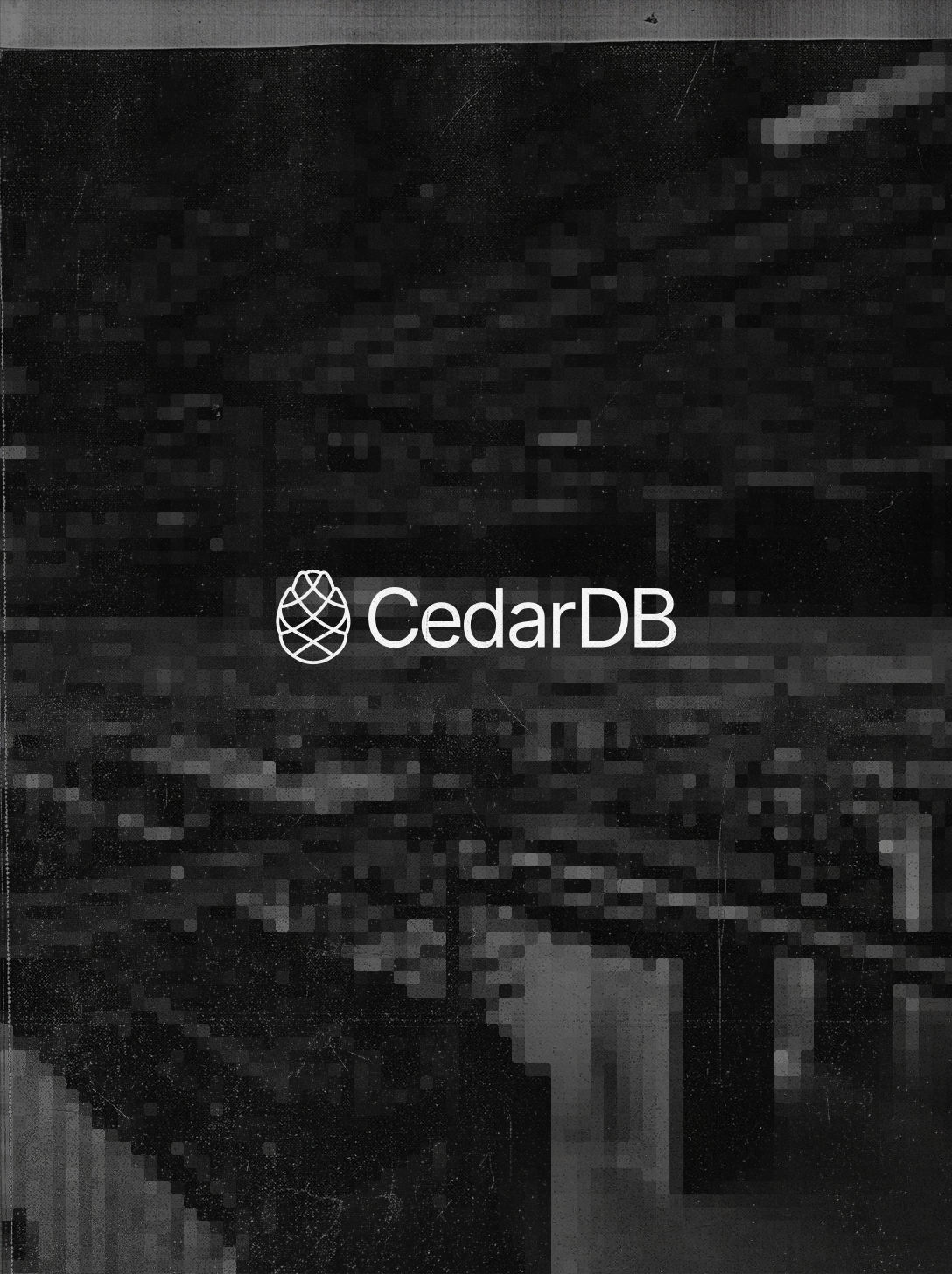.avif)
Building Machines that Read and Write: Our Investment in Primer
Last week, my good friend Sean Gourley announced Primer to the world. Sean isn’t your typical anything. A Rhodes Scholar with a PhD in Physics from Oxford, Sean was somehow also a two-time decathlete champion in his home country of New Zealand. And that’s not to mention his doctoral thesis was published in Nature and became a popular TED Talk. So it’s not surprising that, when Sean first told me he was starting a new company, I was excited to learn more. When he shared his plans, I’ll admit I thought his vision seemed to be a very tall order.
Ultimately, what drew me to Primer was its audacity. In some of the first few episodes of the TV show “Madmen,” I was struck the sheer number of secretaries and support staff packed into the office. Surely, the scenes were exaggerated for dramatic effect (of course they’re not). From our perspective today, it’s jarring to imagine the lion’s share of that activity and labor gave way through the various twists and turns of technology history to our familiar world of email and a few key apps.. When I think of Primer, I like to imagine the world ten years in the future. A world where analysts actually analyze, rather than just perform near drone-like work of collating and summarizing data in reports for others to then…read and summarize for others! With the explosion of data, making good decisions quickly has never been more complicated for today’s large organizations.
Primer is an AI company (I know, hold your eye roll) that automates the analysis of very large, text-based, datasets. Primer can read and write the same way a human can. This means you can feed it tens of thousands of documents (in different languages) and the result is, in effect, a two-page Wikipedia-like report. To get a sense of this in action check out Primer.ai.
In the run up to last week’s launch, Primer kept its work and progress under wraps for nearly three years. Anticipating the public’s (understandable) skepticism at such a venture, Sean wanted to wait until they could prove their claims. As such, I’m equally excited to disclose that In-Q-Tel, Walmart, and GIC are all allowing Primer to publicly reference them as customers. Anyone familiar with working with companies like these will realize just how big a deal it is.
Primer is just at the outset of re-imagining analysis itself. Even as automation simplifies the life of knowledge workers, it floods them with more and more information. This newer, busier world requires new tools for the job. We’re proud to support a terrific team setting out to answer this call.




